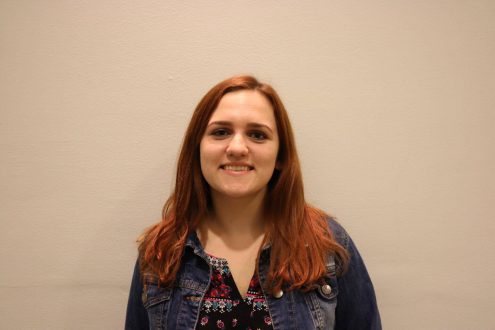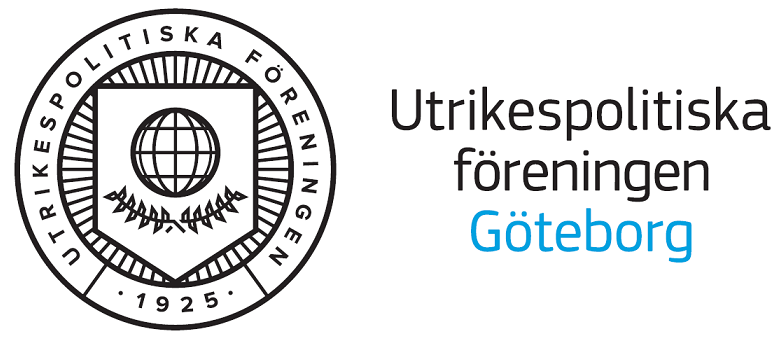Meet the New Board, Part 8: Hanna Buznytska, Head of the PR Committee
This week we would like to introduce our new head of PR, Hanna Buznytska, who joined me in the committee a few weeks ago! Welcome Hanna!

What made you want to be head of PR?
Hanna: I have been involved in PR on a voluntary basis in different organizations since 2012. The biggest project I was involved in was on a European level, where I worked in a very multicultural team. Unfortunately, I had a break from being active in PR for almost a year, so applying for a Head of PR Committee seemed like a good opportunity to continue, but also to get an experience of how student organizations function in Sweden.
What is your main interest in politics and international issues?
Currently, the Russian Federation attracts most of my attention, particularly its behavior in the region and on the global arena, as well as Russian political culture and the government’s behaviour regarding domestic issues. In addition, I am interested in the topic of development assistance for the countries of the former Soviet Union.
What are the top three best things about your experience in Sweden so far?
I am from Ukraine, which differs from Sweden pretty much in every sphere. The situation with gender equality, respectful and open-minded people, and higher education system are those spheres where I have experience the biggest contrast.
Firstly, in Ukraine the society is still quite patriarchic. Men and women are expected to follow traditional gender roles, and most people are not familiar with the concept of gender equality. Here I am fascinated by the blurred difference between men and women’s role in the society, particularly men’s involvement in their children’s upbringing and domestic chores, and women taking traditionally masculine jobs. Moreover, the level of personal safety for women is just incredible, comparing to Ukraine where it is not very safe to walk alone when it is dark outside.
Secondly, it is great how people respect each others’ private space, value each others’ time and input, and appreciate different opinions and thoughts. In Sweden, people can freely express themselves through their physical appearance or behavior regardless of their gender or age, and not be judged. In Ukraine, it is common to be verbally or even physically abused by the strangers if you look or behave different.
Finally, the system of higher education is organized in a totally different way compared to Ukraine. In Ukrainian universities, students have to take 6-8 not related courses simultaneously, which makes the education process very stressful and not very coherent. In addition, everything is grades-oriented, competitive, and focused on physical presence of students during the classes. By contrast, as for me, the Swedish system does not imply so much stress during studying, allows more in-depth learning, and oriented towards understanding the material and applying it, paying small attention to the grades. It really taught me how to manage my time and enjoy the learning process.
The UF is traveling a lot this spring. Tell us about a memorable trip you’ve done.
My most memorable trip was my very first trip abroad in the summer of 2012. It was a summer university in Germany and Austria with participants from around 20 countries. The organizers did a really good job trying to involve us in as many experiences as possible, including showing us Munich, Salzburg and Vienna, living in a cottage and hiking in the Alps, camping by a lake in Austria, visiting UN Headquarters, and taking a waltz lesson in one of the best dance schools in Vienna.
Tell us two truths and one lie about yourself.
For the past three years I have not lived in the same city for longer than 9 months.
I am so bad at math that performing a basic math operation takes me much more time than an average person.
I am totally in love with long and dark Swedish winters.
